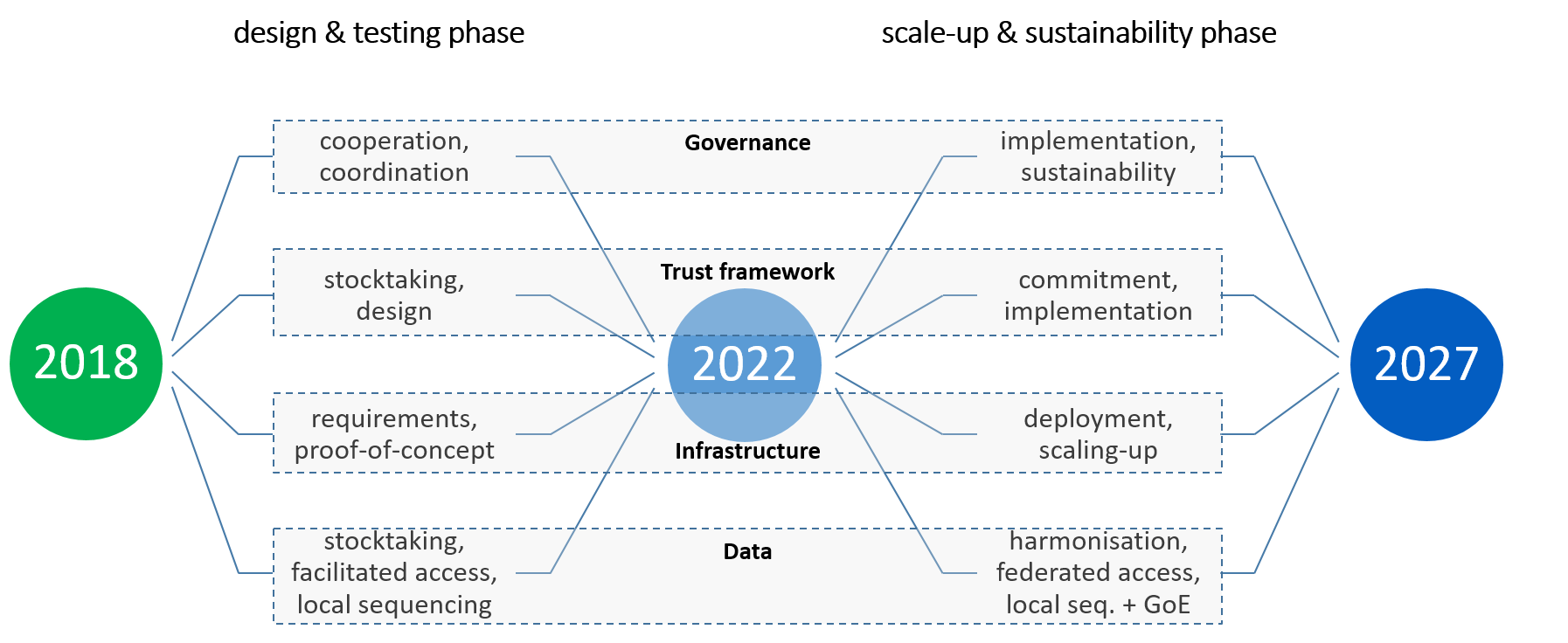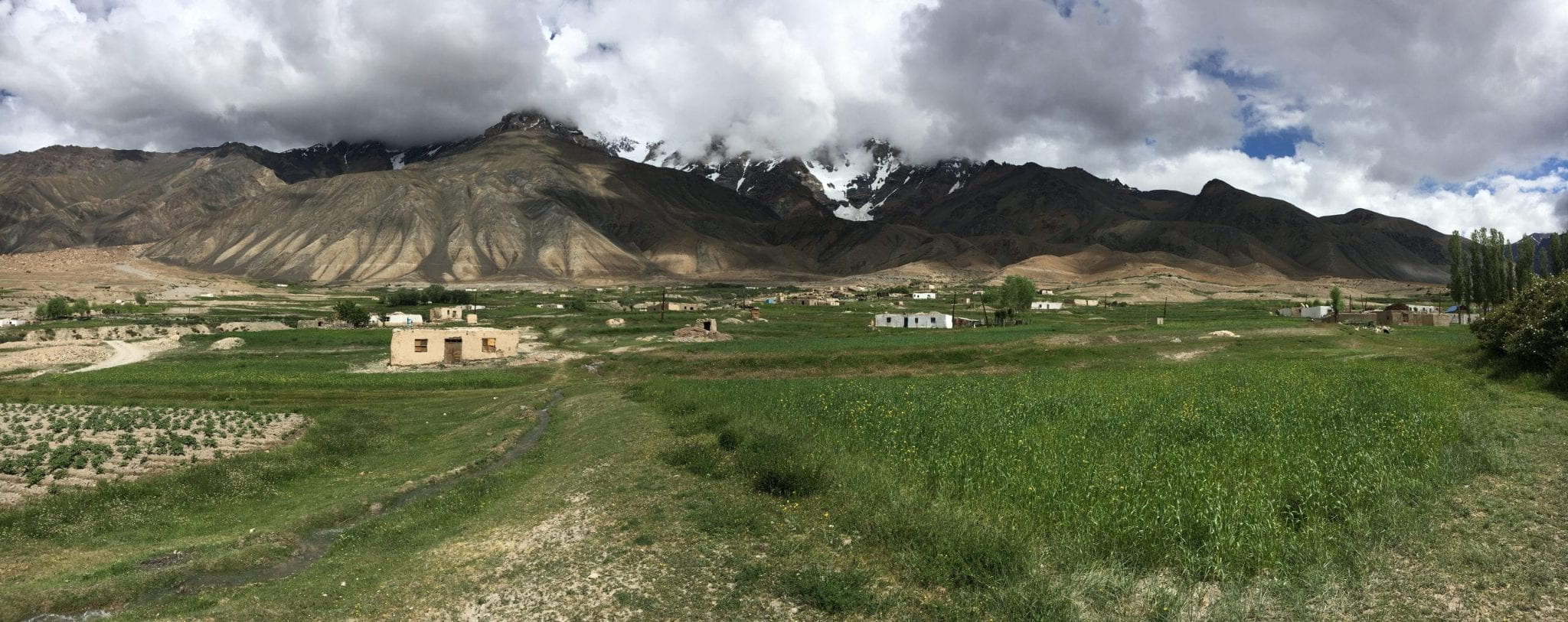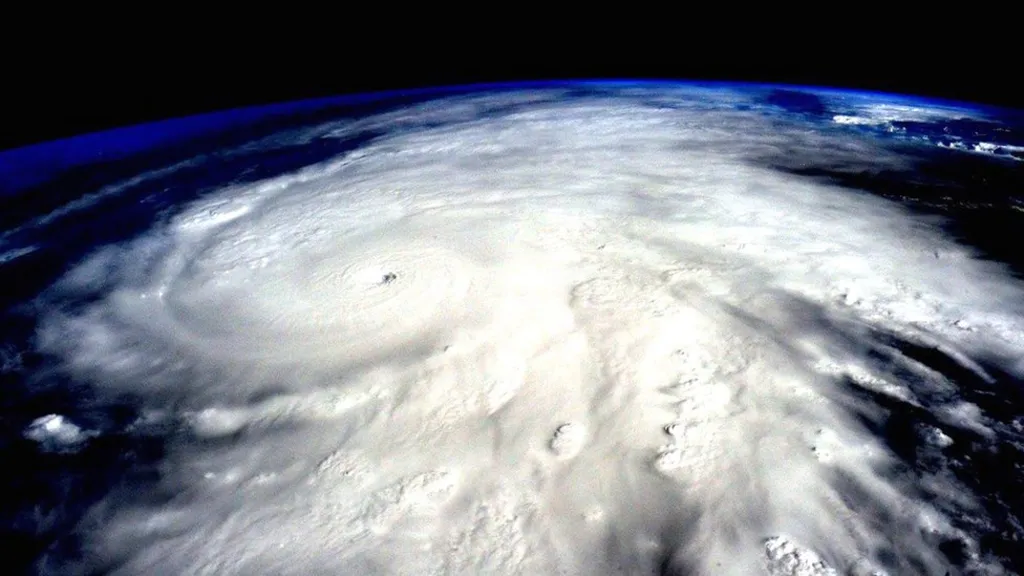Calls to save mangroves are growing around the world for their environmental and economic importance. Whereas Vietnam is experiencing a sharp decline in the extension of these forests, It has partnered with the Korean government to replicate its experience through ministerial cooperation aimed at reviving these coastal trees.
Mangroves grow in forests along the coasts of 118 countries. It is concentrated in Southeast Asian countries, The spot that makes up a quarter of the world's area. These trees have many benefits for humans and ecosystems. They support biodiversity as nursery habitats for important fish species, and provide sufficient food resources to feed millions, and contribute to carbon storage, It constitutes an impregnable barrier that protects the coasts from erosion and erosion and protects its inhabitants from natural disasters.
Vietnam's growing drive towards hydroponics, urbanization and coastal development has caused the destruction and degradation of mangrove forests. In recent decades, its areas have shrunk by nearly 38%. Scientists predict it will disappear completely in less than 100 years. The Government has developed a system for managing forests and enacting laws to protect them. However, the application of these measures has not been without leniency, There is still an urgent need for the sustainable revitalization and development of mangroves.
This was the impetus for the launch of cooperation between the agriculture and fish farming sectors of both the Vietnamese and Korean governments after their summit in 2019. From which the two parties came out with an agreement to unify efforts that extends until 2025, Vietnam will benefit from Korea's fruitful postwar march.
First thing The two partners developed a plan based on a feasibility study and extrapolation of results. Thus, Cooperation stemmed from the development of official development assistance projects, The Korea Forestry Agency will share a summary of its experiences in forest revitalization through the director of an envoy to carry out the work in Vietnam, The Ministry of Oceans and Fisheries has selected a specialist researcher to transfer Korea's aquaculture techniques. From the Vietnamese side, The Department of Agriculture at the Ministry of Agriculture and Rural Development will employ these efforts and invest Korean expertise in saving 330 hectares of mangrove forests to protect coastlines and local people from natural disasters such as storms. As for the ministerial department responsible for fisheries, It will operate in Nam Dinh and Nin Binh provinces and will focus on promoting environmentally friendly hydroponics, By creating an enabling infrastructure by providing nursery habitats for fish and shellfish, Develop hydroponic mangrove cultivation in clay bodies and promote sustainable management of fish resources.
It is worth mentioning that the project team paid great attention to the community presence and the active participation of the local population, The two governments intend to work to transfer advanced technologies in hydroponics and launch joint research aimed at building capacity and raising awareness of the importance of mangroves.
These forests are structurally diverse ecosystems, They partially submerge into the oceans while forming an overlapping network of super-terrestrial roots. Hence, Mangrove forests are an abundant haven in cold water with high oxygen levels. It is inhabited by many marine creatures such as crabs, sea urchins, oysters, snails, octopuses and others. Also in these complex environments, Accumulates bacteria and tree debris, It feeds small organisms and protects them from predators, Youngsters can navigate nearby coral reefs or open ocean. With this, Mangroves are a vital resource for replenishing some of the ocean's fish stocks. To feed hundreds of millions of people living in areas no more than 10 metres above sea level. In most cases, People in poor communities depend on mangroves as a source of income and a driver of commercial activities, The global economic value per hectare is estimated at an average of US$37,500.
Had To contain the negative effects of the decline of these forests, Forest rehabilitation efforts begin as soon as possible; However, a major obstacle has prevented this. After the preparatory phase, The Vietnamese-Korean project was scheduled to launch in 2020. However, the COVID-19 pandemic forced it to be postponed to the following year. The two partners have chosen to turn this challenge into a win-win, The Executive Group intensified its online consultative meetings, During which he discussed the merits of the project and how to exchange information during the workflow.
These efforts will contribute to the revival and preservation of mangrove forests, This means increased carbon storage. It will also support the stability of marine ecosystems, It will help people by protecting them from extreme weather conditions, enabling them to cope with climate change and improving their livelihoods through eco-friendly aquaculture. The Korean government is also exploring various ways to expand these projects, which have served as a model for fruitful intersectoral cooperation. Which can be applied in other Asian countries.
References:






